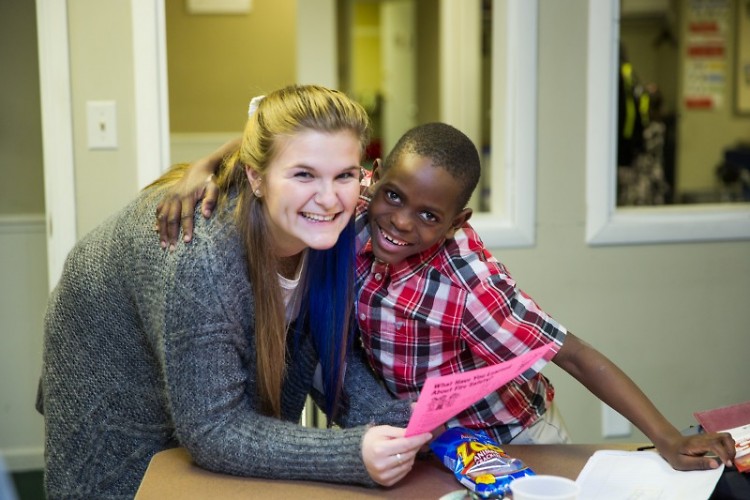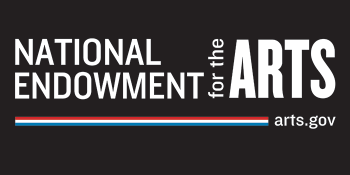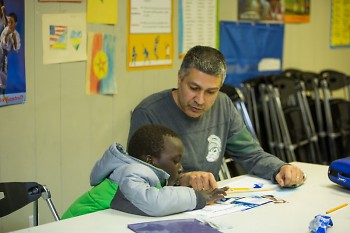Being a kid is tough. Although some may look back at their adolescence with only fond memories, most people I know don’t. For most of us, growing up was- and is- hard. There are so many voices telling you what to do and who to be, you can barely hear yourself think. It’s really hard to be yourself, if you even know what that means. For a long time, I could not imagine this experience being any more difficult. And then I began working at West Michigan Refugee Education and Cultural Center (WMRECC).
WMRECC runs programs for refugee students and parents in West Michigan, focusing on helping refugee children do well in school so that they can do well in life. For the past 10 years, WMRECC has provided space for refugee students to get help with their homework and develop reading skills. Monday through Thursday after school (and in the mornings during the summer months), children from countries like Burma, Bhutan and the Democratic Republic of Congo are greeted by volunteer tutors eager to help them learn.
It’s important that these children have access to academic support. Most refugee students are English Learners. It can take a person five to seven years to gain the English skills needed to read a high school textbook. Along with having to learn the language, many refugee children have interrupted formal education. Some have very limited classroom experience. There is a lot of catching up to do and their parents, many of whom are also learning the language and have varying levels of education, are often unable to provide the support on their own. Without additional help, refugee students are likely to age out or drop out of school.
Meeting these needs can be overwhelming. Kids are often exhausted after a full day of trying to learn. Asking them to try for two more hours seems somewhat sadistic. For volunteers, it may feel like an impossible task. Especially when it comes to trying to explain photosynthesis to a person who doesn’t speak English, or when their homework involves recalling the McDonald’s Big Mac jingle from 10 years ago that they missed while living in a refugee camp. Thankfully, our volunteers are gracious and courageous people who stick with it- and our students are tough and have parents and teachers who care about them.
Over the years we have developed strategies for working with English learners that work. An impressive 80-100% of students attending our program improve their GPA and reading skills every year. I have come to realize that this success is secondary and does not define the core of what we do or why we do it. In fact, it would not be possible if it were not for this one thing. All the programming and volunteer training and curriculum development would mean nothing if we did not provide a place for refugee kids to feel safe and accepted.
We were working with a team of volunteers to implement curriculum for the summer program and I could sense one of the volunteers was frustrated that they were not getting the results they wanted. The kids were not learning quickly enough in her mind. So we started into a conversation about goals and objectives. We tried to narrow down on what was the most important thing—the thing that if we didn’t do anything else but this one thing, it would be worth it. What we ended up with is this: every child that walks through our door must know they are loved and that they are okay.
You see, growing up is tough, but growing up not knowing the language and culture is really tough. I do not know what this is like, but I try to imagine my childhood and then think about what it would be like while trying to fit in, if I suddenly did not even know what “in” meant. What if I suddenly did not know any of the social rules? Although many young people do not feel understood by their parents, the refugee student experience adds a whole new layer of complexity to this teenage angst.
This is why I believe offering a safe space to refugee children is so important. They need a place outside of school and outside of the home to sort through the messiness, or to not sort through it and just play soccer. It is a place to be around other people going through what you are going through. We do not talk a lot about it, but there is an unspoken knowing that we are in this together.
In our mission statement we say that we are working towards the “successful integration” of refugees in our community. I am often asked what this means. It is really hard to define because integration is a two-way street. It is about reevaluating who we are in light of meeting a person or people who do things a lot differently than we do. It is more of a process than a final destination.
Successful integration is the place where all kinds of people come together to work on homework, avoid working on homework, read and laugh. It’s the space where we can work out who we are, who we are becoming and who we are together.
To learn more, visit the West Michigan Refugee Education and Cultural Center site.
The Rapidian, a program of the 501(c)3 nonprofit Community Media Center, relies on the community’s support to help cover the cost of training reporters and publishing content.
We need your help.
If each of our readers and content creators who values this community platform help support its creation and maintenance, The Rapidian can continue to educate and facilitate a conversation around issues for years to come.
Please support The Rapidian and make a contribution today.



